Biography
(No Information)
Filmography
all 4
Movies 4
Writer 1
Information
Known ForWriting
GenderMale
Birthday1888-03-13 (137 years old)
Birth PlaceBilopillia, Ukraine
CitizenshipsRussian Empire, Soviet Union
Also Known AsАнтон Макаренко, А. Макаренко
AwardsOrder of the Red Banner of Labour
This article uses material from Wikipedia.
Last updated:
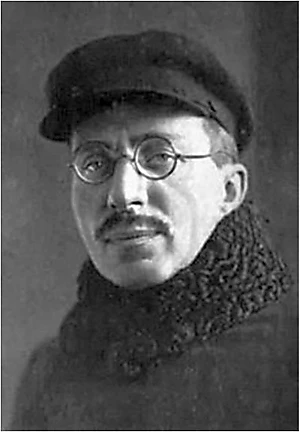 Anton Makarenko
Anton Makarenko- Filmography
- Information
- Related Persons
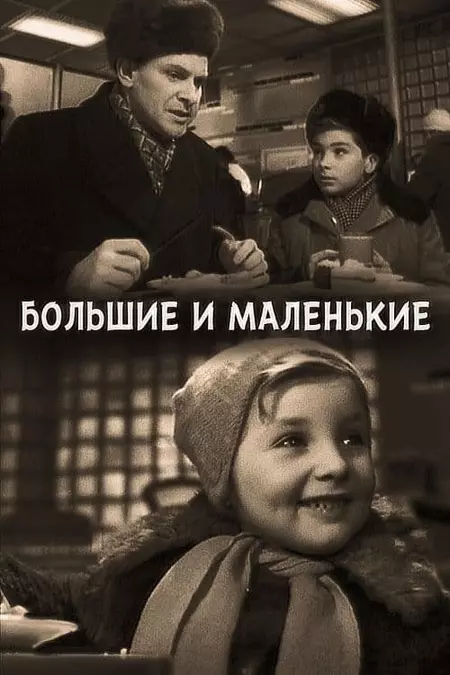
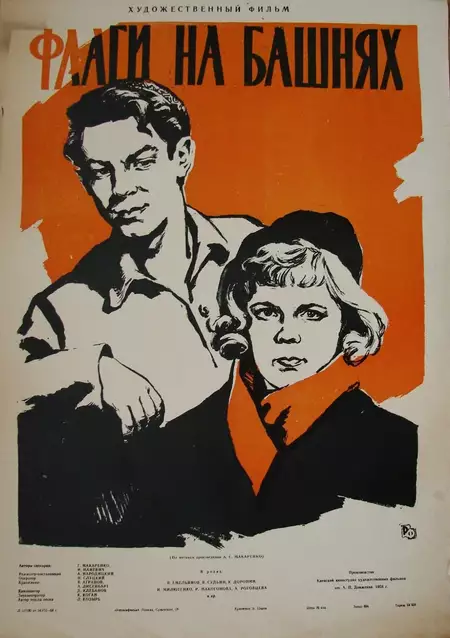
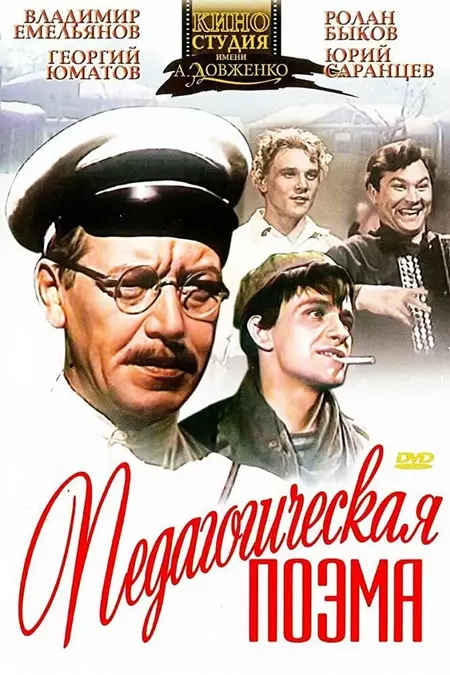
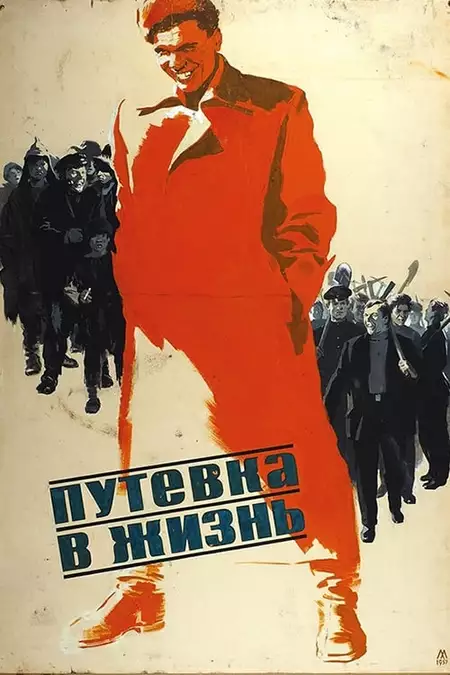

 ,
,